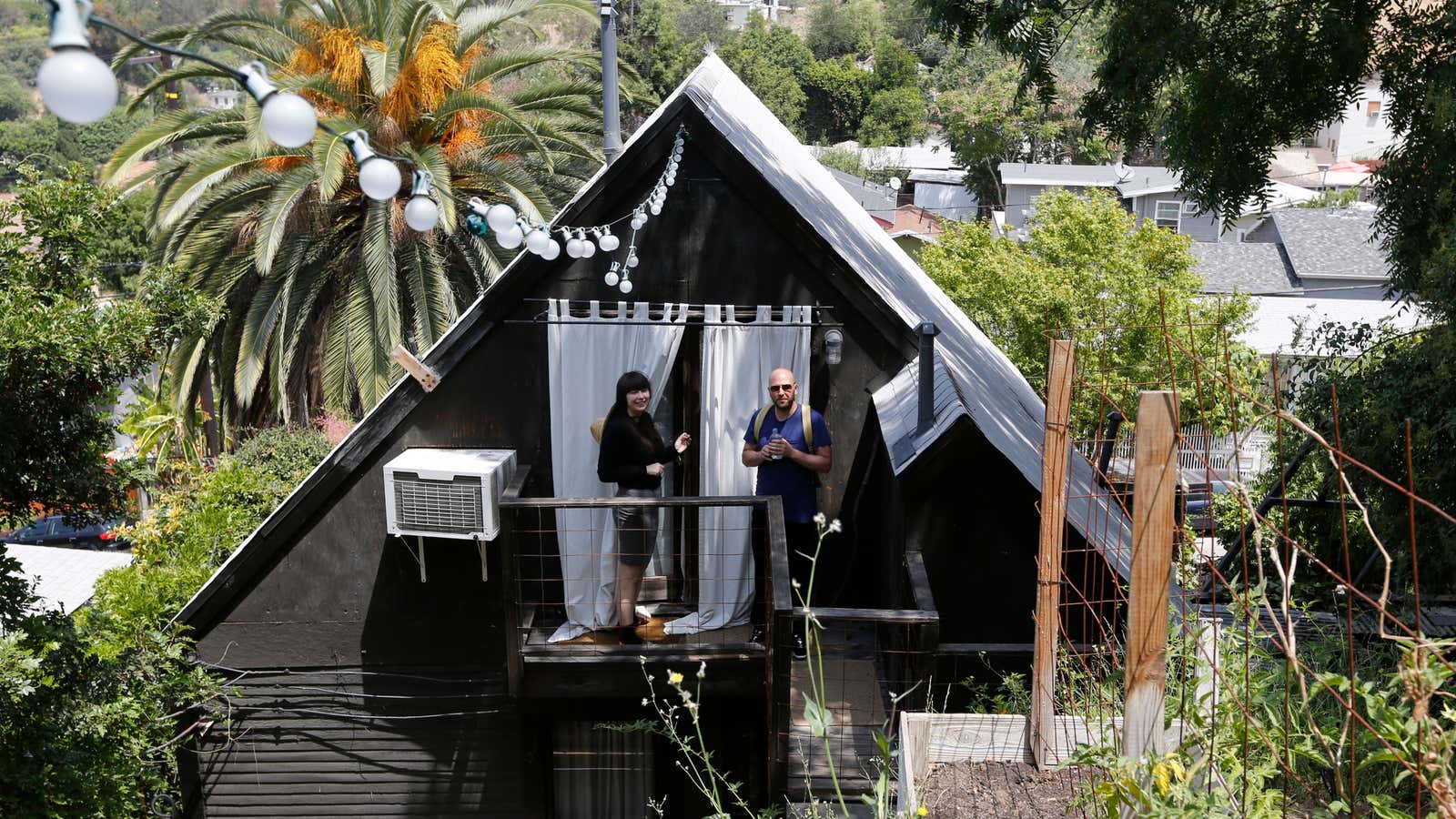Who is responsible for safety in the sharing economy? This question is at the heart of a heartbreaking recent story by freelance journalist Zak Stone, who tells of his father’s accidental death during a stay at an Airbnb rental.
Stone’s father was killed while sitting on a rope swing outside a Texas cottage. The tree trunk snapped, striking him in the head. The tragedy is just one example of how the sharing economy, in ushering a new way of doing business, has yet to come to grips with its responsibility to customers and workers.
As a human rights advisor to businesses, I am struck by the parallels between the growth of the sharing economy and rise of globalization. Both the global economic expansion of the 1980s and 1990s and the more recent dawn of the sharing economy have created new opportunities for many people to make a living, and made goods and services more accessible to the masses. By driving down costs and creating new business models, each made goods and services more accessible to the masses.
Yet globalization and the sharing economy have also exposed gaps in the governance systems meant to protect the vulnerable. The evolution of international and national laws and standards has not kept up with the pace of globalization. This has led to human rights problems including poor working conditions, particularly in developing countries, and lax safety standards in global supply chains.
The rapid rise of the sharing economy has exposed a governance gap as well. A regulatory system developed over decades oversees hotel companies, taxi services and retailers, attempting to protect the health, safety and security of the people who use those services.
But these rules and regulations largely do not apply in the sharing economy. Airbnb is a hospitality service that does not own any rooms. Uber is a transportation company that does not own any cars.
Regulators are increasingly seeking to rein in these companies. San Francisco, for example, limits how often people can rent out their living space while the host is not present to 90 days per year. In Nevada, taxes and licensing fees of up to $500,000 seek to limit ride-sharing services.
But these measures have been accused of protecting traditional businesses rather than safeguarding consumers. So what can be done to protect the people who participate in the sharing economy?
I believe that the effort to address the negative impacts of by globalization offers an important lesson that can be applied to the sharing economy today. Specifically, the sharing economy should look to the United Nations’ Guiding Principles on Business and Human Rights (UNGPs) to understand a company’s responsibility to respect the rights of those touched by their products and services.
Established in 2011, the UNGPs do not provide specific guidance for the sharing economy. But they do distinguish between human rights risks stemming from a company’s direct operations and those that the company is merely linked to through its business relationships.
In the latter scenario, the principles call for companies to use any leverage over business partners–such as Airbnb hosts and Uber drivers–to protect human rights. This can include setting clear expectations through user codes of conducts; conducting audits to ensure that partners are meeting basic expectations; and providing resources and training programs that will help business partners meet all standards and expectations.
These steps, which some companies have already started to take, can help sharing-economy companies address safety concerns—for example, encouraging Airbnb hosts to install smoke and carbon monoxide detectors and making panic buttons available to Uber and Lyft riders.
They could also help companies address some of the other human-rights issues facing the sharing economy. For example, lawsuits against ride-sharing services Lyft and Uber allege that drivers have denied service to disabled customers with guide dogs or wheelchairs, raising concerns about discrimination. By conducting due diligence as called for by the UNGPs, these companies could decide where they need to add vehicles that can accommodate people with disabilities, how many vehicles they need, and how to ensure that those vehicles are available to guests who require them.
The lessons learned from globalization can provide a useful starting point for the sharing economy. But real progress will need to come from startups themselves. If startups can disrupt everything from laundry to cleaning to groceries, surely they can harness that same spirit of innovation to advance human rights.




